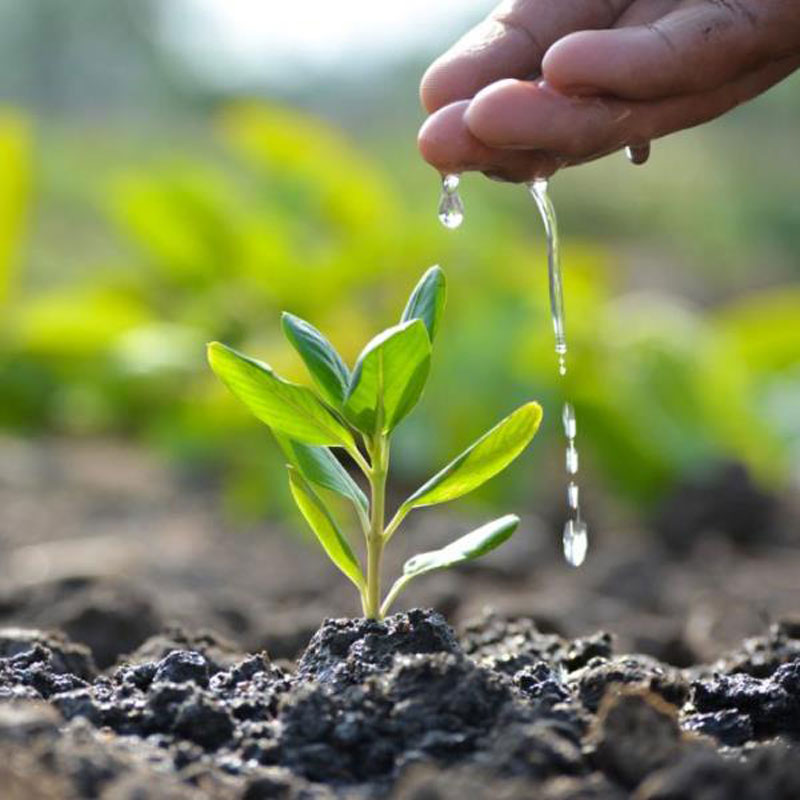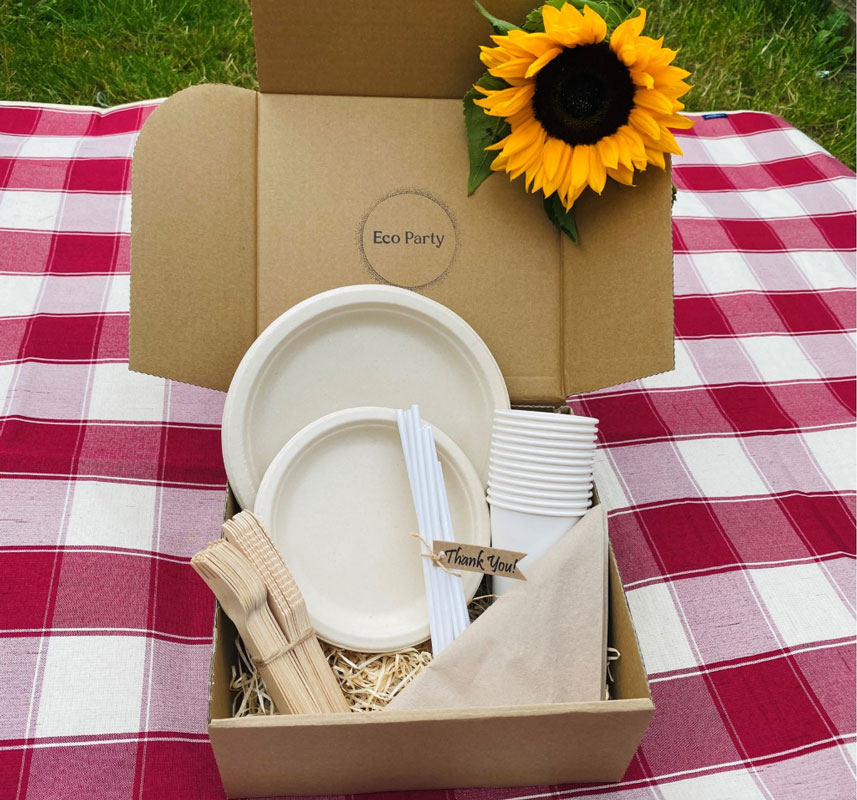
An environmentalist friend has wisely said that green habits should be gently inculcated rather than pushed down people’s throats. Her take is that humans like to break the rules and dislike being dictated. So, any harsh list of dos and don’ts will likely be discarded or forgotten quickly. The more rebellious may even follow all the don’ts diligently and avoid the dos!
That said, how does one make green habits a part of our lives and that of our children? As we know, a habit is a settled tendency or usual manner of behaviour or an acquired mode of behaviour that has become nearly or completely involuntary. Repetition of any action can make any activity a default setting for our body’s system. For example, waking up early, brushing teeth before going to bed, and so on..
Similarly, one can start by making green habits part of our family’s routine. Slowly, we can make it a standing operating procedure. Luckily, when it comes to environmentally conscious behaviour, simple acts can make a difference when they become part of our regular response. Here are a few things we can gently remind ourselves and those around us to do to become environment-friendly citizens. You may be aware of some of the acts listed below, but it does no harm to be reminded of them. So read on.
One habit we can readily embrace is reminding ourselves not to waste electricity. Switching off lights when leaving a room and turning off the TV when not in use are habits worth cultivating, considering that 40 per cent of global CO2 emissions come from power generation. So, every time you waste electricity, you needlessly and unknowingly add to the emissions into the atmosphere. The same goes for equipment, appliances and air conditioners at home or in the office.

Being thoughtful and conscious can conserve electricity. For example, standing in front of the refrigerator with the door open is best avoided. It has been estimated that as much as one-third of the cooled air inside escapes each time you open the door. So, it might not be a bad idea to figure out what you want to take from the fridge rather than open the door and begin considering your options. Of course, this is not always possible when someone else has loaded the trays, but the idea is to minimise the time you leave the door open.
And yes, you will be doing Planet Earth and your wallet a great favour by buying energy-efficient ACs, refrigerators and fans. Similarly, you could switch to LED lights, which consume less power than conventional lighting.
To encourage the family to conserve electricity, you could perhaps take them out for a celebratory dinner or a film when you receive a downsized power bill!
Water is a precious natural resource that we take for granted. We can substantially reduce our consumption by ensuring that the plumbing does not leak and that taps are turned off during and after use. We can also remember to turn off the faucet while brushing our teeth. Filling your water glass halfway and taking more water if you are still thirsty is better than throwing away excess water into the sink.
Those living in gated communities and apartment complexes can get together to persuade the RWA to have a plant recycling wastewater that can be used in the garden, for washing cars, etc. Most housing societies have provisions for rain harvesting. If yours doesn’t, you must collectively insist on introducing the practice.
Segregating household waste should become a habit that everyone must follow. According to official estimates, urban India produces 1.15 lakh tonnes of municipal waste per day. Of the waste collected, 50 per cent is treated, and 18 per cent ends up in landfills. However, 31.17 per cent of the total waste generated remains unaccounted for.

As a responsible citizen, you can help by segregating garbage in your home to help with waste reuse, recycling, and scientific disposal. The two broad categories you must remember while separating garbage are dry and wet waste. The former refers to empty bottles, cans, clothing, wood, metals and paper. The latter includes all organic waste — food items, seeds, vegetable and fruit peels, etc. Sanitary and medical waste should be disposed of separately, ditto for hazardous and corrosive household substances. E-waste must be handed over separately and not mixed with the other categories.
Waste segregation plays a crucial role in its management, and the government has repeatedly stressed the importance of citizen participation in this effort. Let us do our bit to make our cities cleaner and greener.
One resource often wasted is food. It is estimated that in India 40 per cent of food goes waste either in storage or after it is cooked. Visit any marriage hall after a wedding or a social meet, and you can see the food that goes into the garbage heap. While government must ensure that food grains are protected from rodents, we can do our bit to avoid food wastage. We should be conscious about the portions we order at restaurants and cook at home.
When it comes to food, it would be better to make it a habit to only buy local produce. This not only encourages local farmers but also reduces the carbon footprint caused by transporting goods from afar.
Can any article on green habits not mention plastic? There is enough said about carrying reusable cloth and paper bags. Suffice it to say that the fewer plastic bags we use, the better because they end up in our rivers and lakes, polluting the earth and harming animals, birds and marine life. Disposables made of plastic must be avoided at all costs. One-time-use plastic bottles, cups, plates and cutlery end up in landfills. So, insist on glass or metal bottles, reusable cups or biodegradable alternatives.
These are just a few suggestions; I am sure you can easily discover many more tips from experts in the field. For my part, I will leave you with this thought: let 2025 be the year of the green citizen, by habit and by design.
The writer is a senior journalist who writes on environmental issues






